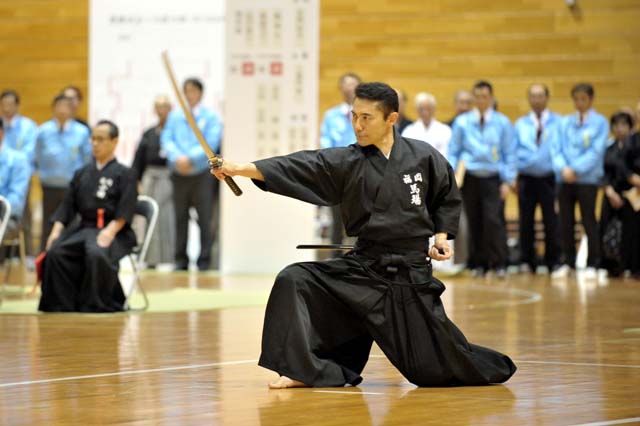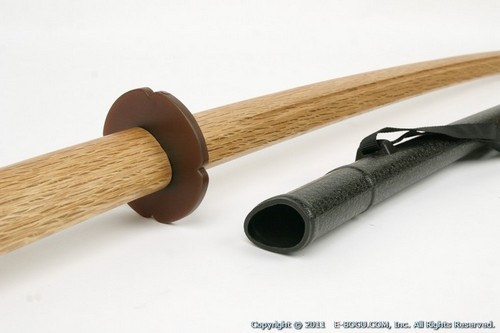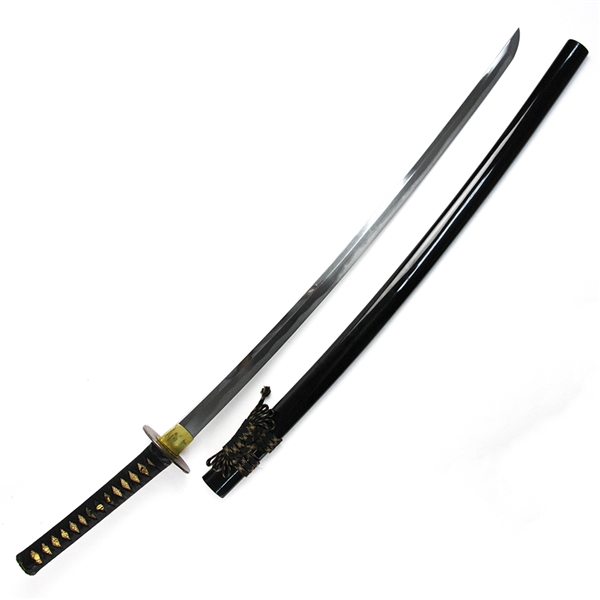What is Iaido?
| Home Page |
What is
Iaido? |
Circular
Motion and Friction |
Physics
of a Cut |
Sources |
|
Background
Iaido began in the mid-1500s. Most accept Hayashizaki Jinsuke Shigenobu as the founder of Iaido and Shinmei Muso Ryu School of Iaido. Other schools were created such as the Muso Jikiden Eishin Ryu School of Iaido. This school breaks up techniques into groups, some solo and some paired. Muso Jikiden Eishin Ryu is one of the most widely practiced schools of Iai in the world today. Iaido has a single kata (technique) that reflects the four most critical movements in all techniques. This kata is called Mae, meaning “front” or “forward”. The person practicing the technique draws his/her sword forward facing an opponent, performs a horizontal cut (called nukitsuke), lifts the sword above his/her head and performs a downward cut (called kirioroshi), cleans the sword in a circular motion (called chiburui) and finally, sheathes the sword in a motion called noto.  Photo Credit: www.kendo-fik.org Types of Swords There are many different types of swords originating in Japan. This section will give a brief description of the three main categories of swords people use to practice Iaido. Bokken
Bokken are wooden swords that are used for beginners, form practice, and paired practice. Bokken aren't sharp, usually have a plastic hand guard, and rest inside plastic sheaths. Sheaths for Japanese swords are called saya. For all three types of swords described in this section, saya have a small notch toward the opening. This notch is used to fasten the sword to the person with a cord called a sageo. Sageo were once used during combative situations but are now ornamental.Iaito Iaito are the next level of swords. They are for intermediate students who are comfortable with the techniques. Unlike bokken, they are metal and have the same parts as a fully sharpened blade. Although the cutting side of the blade isn't sharpened, the tip of the sword is very pointed. Sloppy form can result in getting hurt when re-sheathing an iaito.Shinken
|


